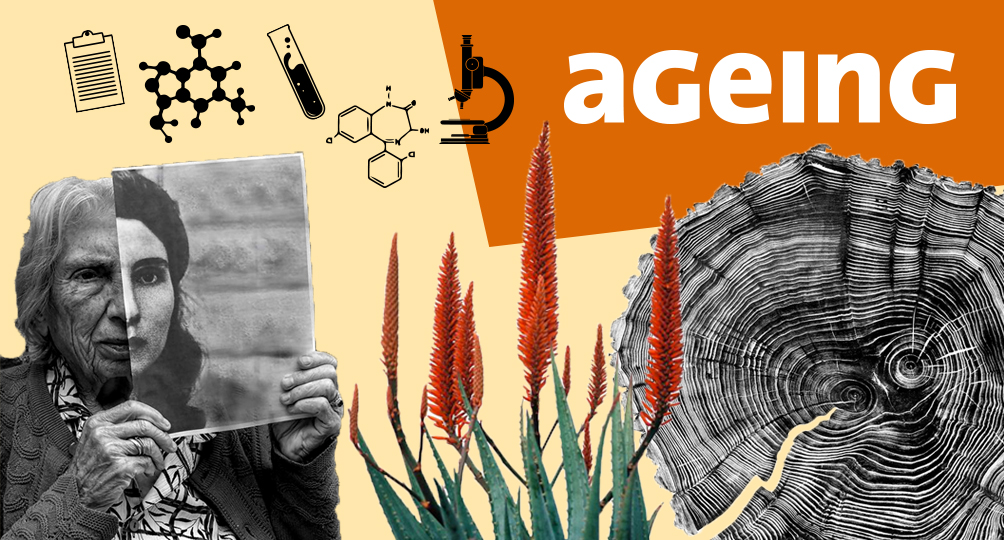The population of Europe is estimated to be about 508 million, and older persons (aged 65 or over) represented about 19% (an increase of 2.3% compared with 10 years earlier). In particular, three countries have the highest shares of persons aged 65 and older in the total population: Italy (21.7%), Germany (21.0%) and Greece (20.9%) The old-age dependency ratio is about 29%; as such, there are less than four persons of working age for every person aged 65 and over. The share of the population aged 65 years and over is increasing in every EU Member State, EFTA country and candidate country, and the health and wellbeing of older citizens is a priority in all of them.
Healthy and active ageing has turned out as being a cross cutting issue and also a major concern for individuals, health professionals and policy makers alike. Health in old age, and the maintenance of an active and independent life style is a high goal for each of us, but also contributes, for example, to economic prosperity through improving work participation, civil engagement and productivity making it crucial in the context of an ageing society and longer working lives.
The VIU Program on Ageing addresses interdisciplinary aspects of population ageing, referring to economics, health sciences and sociology, in order to examine the challenges of demographic and societal changes in Europe and the rest of the world.






















